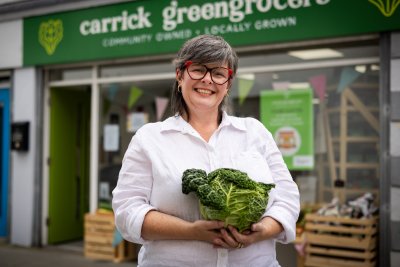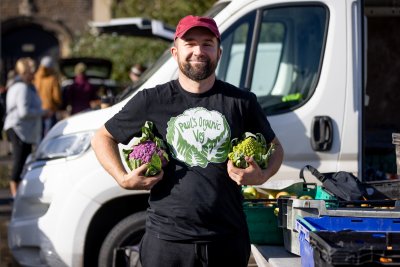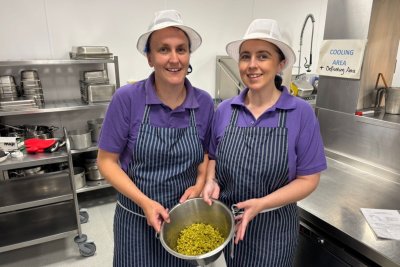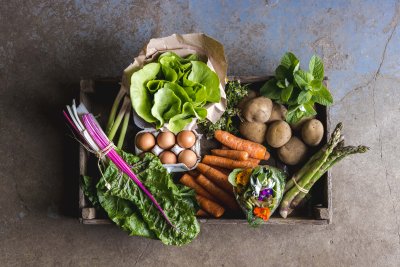The uncatchily named EFRA Committee, the all-party parliamentary committee that monitors the work of the government's Department for the Environment, Food and Rural Affairs (Defra), has launched an inquiry into post-manufacture food waste -- that is, food waste that arises during wholesaling, catering and retailing, and by households.
The move is a further sign that governments recognise the urgency of the problem. Food waste represents not just a loss of edible food, but also the waste of all the resources and effort that went into its production. Avoiding food waste is therefore a key international Sustainable Development Goal.
In the UK, approximately 8 million tonnes of food a year are wasted post-manufacture, and it is estimated that 60% of this could be avoided. This represents an annual value of approximately £16 billion a year.
The parliamentary commitee's inquiry is interested to receive written submissions (of no more than 3,000 words) on the causes and impacts of this type of food waste, and how it can be prevented. It will consider how far voluntary initiatives can help, or whether legislation is required.
Find out more, including how to make a submission,
here.
Meanwhile, the European Commission is also highlighting the importance of reducing food waste, which is an important part of its plan for a Circular Economy. It has launched a
Platform on Food Loss and Waste, comprising representatives from Member States, private companies and NGOs, including UK-based WRAP and Zero Waste Scotland, plus Sustain members
Feedback and
Slow Food. The aim of the Platform is to share and amplify the work of all member states on food loss, to help meet the EU commitment to the Sustainable Development Goal of halving
per capita food waste at the retail and consumer level by 2030.
Find out more about Sustain's work for a greener, fairer food system
here.







